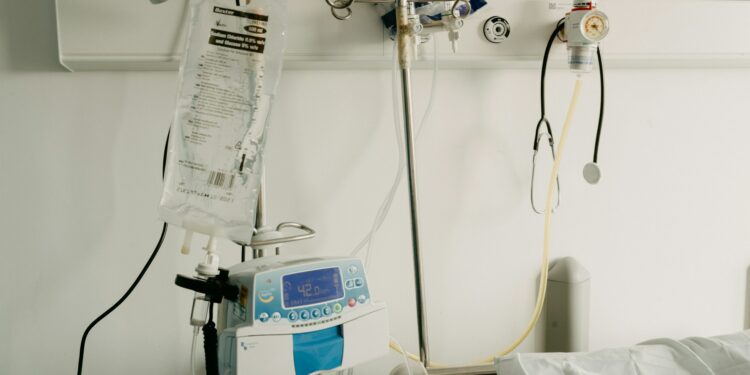A hurricane can’t stop it.
Following the damage caused by Hurricane Helene to a vital IV fluid production plant in North Carolina, concerns mounted about a nationwide shortage of IV fluids, essential for patient care in hospitals and dialysis centers. However, relief came when another production facility in Daytona Beach, Florida, managed to avoid significant damage from Hurricane Milton and remains operational. This plant, operated by B. Braun, was crucial in maintaining the supply of IV fluids, as it produces 25% of the nation’s stock, while the damaged North Carolina plant accounts for 60%. The facility in Florida is set to reopen soon, offering hope amid the supply chain crisis.
The shortage of IV fluids, exacerbated by the closure of Baxter’s Marion, NC, plant, has already led hospitals across the U.S. to ration supplies and postpone surgeries. Patients dependent on these fluids, such as premature babies and individuals on dialysis or IV feeding, are facing delays in receiving critical care. For instance, Hannah Hale, a patient who relies on IV feeding due to complications from Crohn’s disease, struggled to find her necessary dextrose solution as pharmacies ran out of stock.
Baxter, the company behind the Marion plant, has been working to mitigate the disruption by increasing production at its overseas facilities. The U.S. Food and Drug Administration (FDA) authorized imports from Baxter plants in countries like Canada and Ireland to help address the shortage. Despite these efforts, the Marion plant’s full recovery remains uncertain, though Baxter hopes to resume phased production by the end of the year.
This crisis has once again highlighted vulnerabilities in the U.S. medical supply chain, which experts have been warning about for years. The COVID-19 pandemic exposed similar fragilities when essential items like masks and ventilators were in short supply. The concentration of production in a few key facilities for low-cost, low-profit items such as IV fluids makes the system particularly susceptible to disruptions from natural disasters. Experts argue that more investment in resilient supply chains is necessary to prevent future shortages, especially as climate change brings more frequent and severe storms.

































Discussion about this post